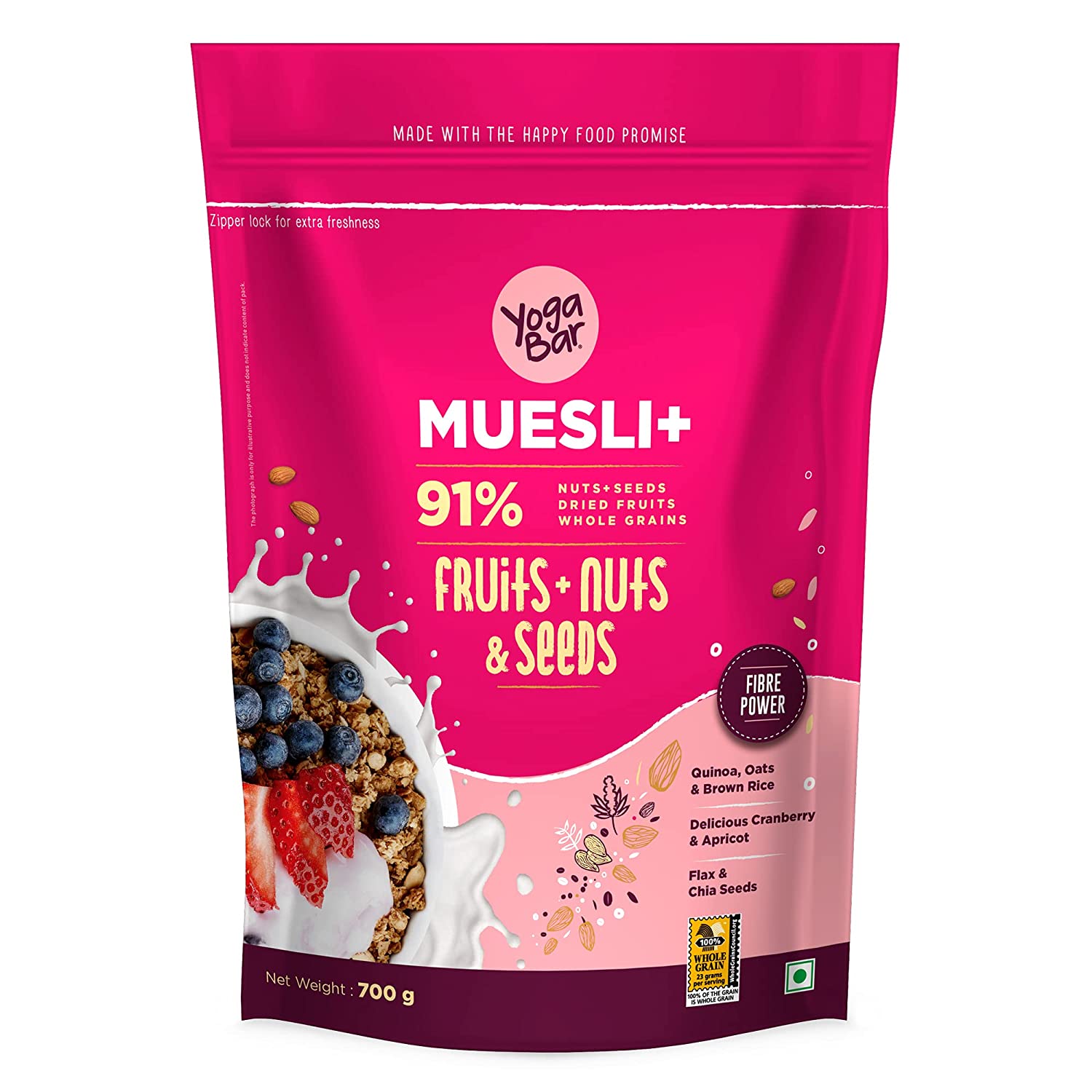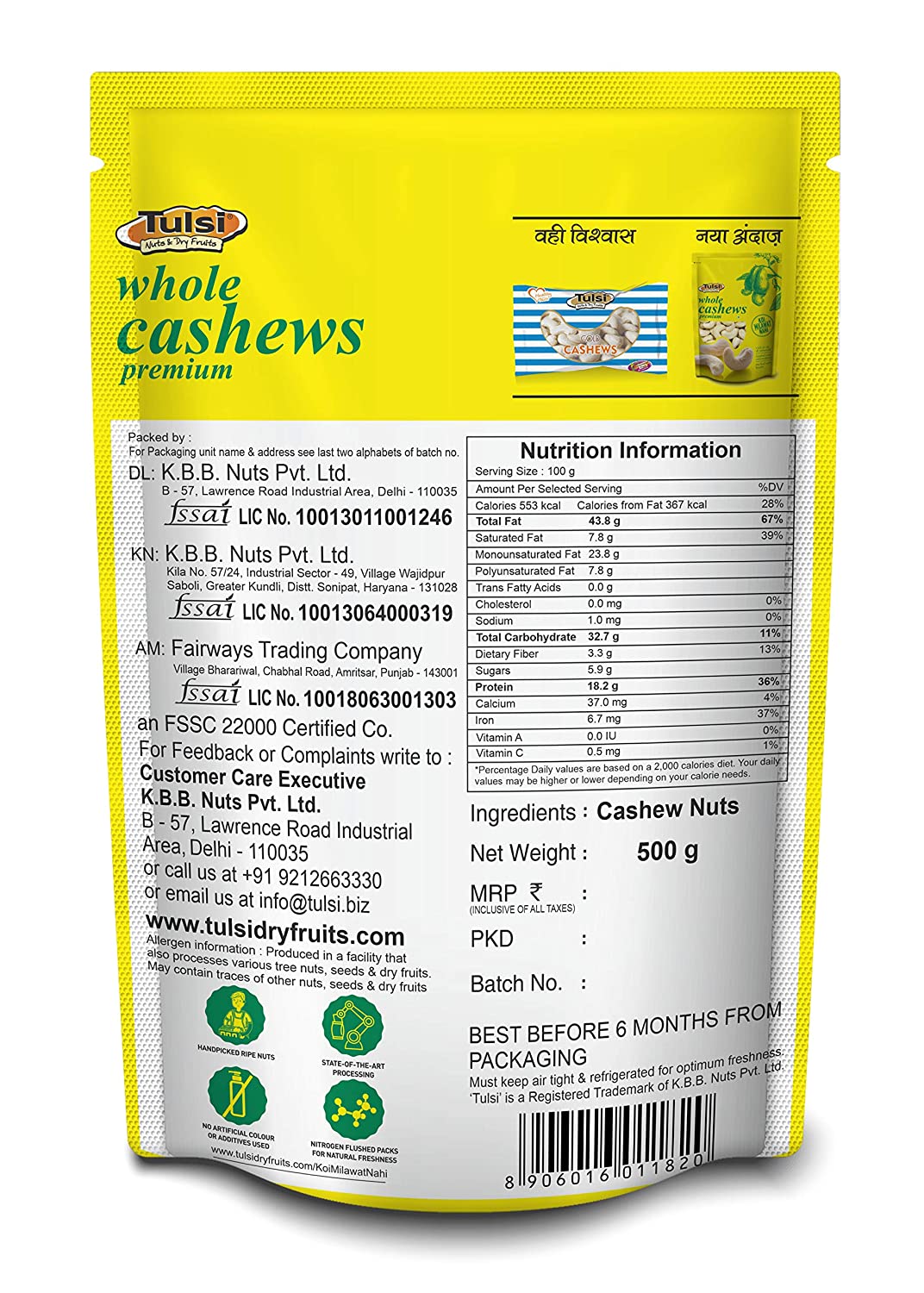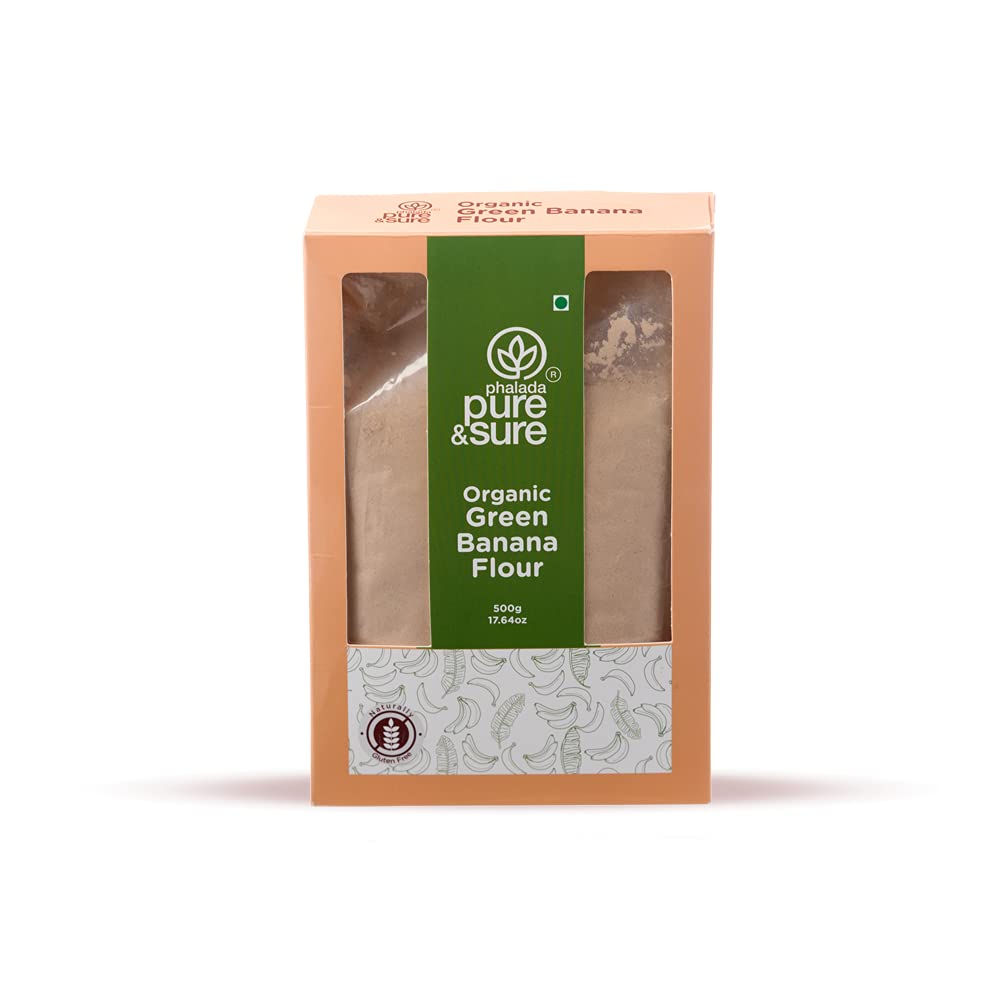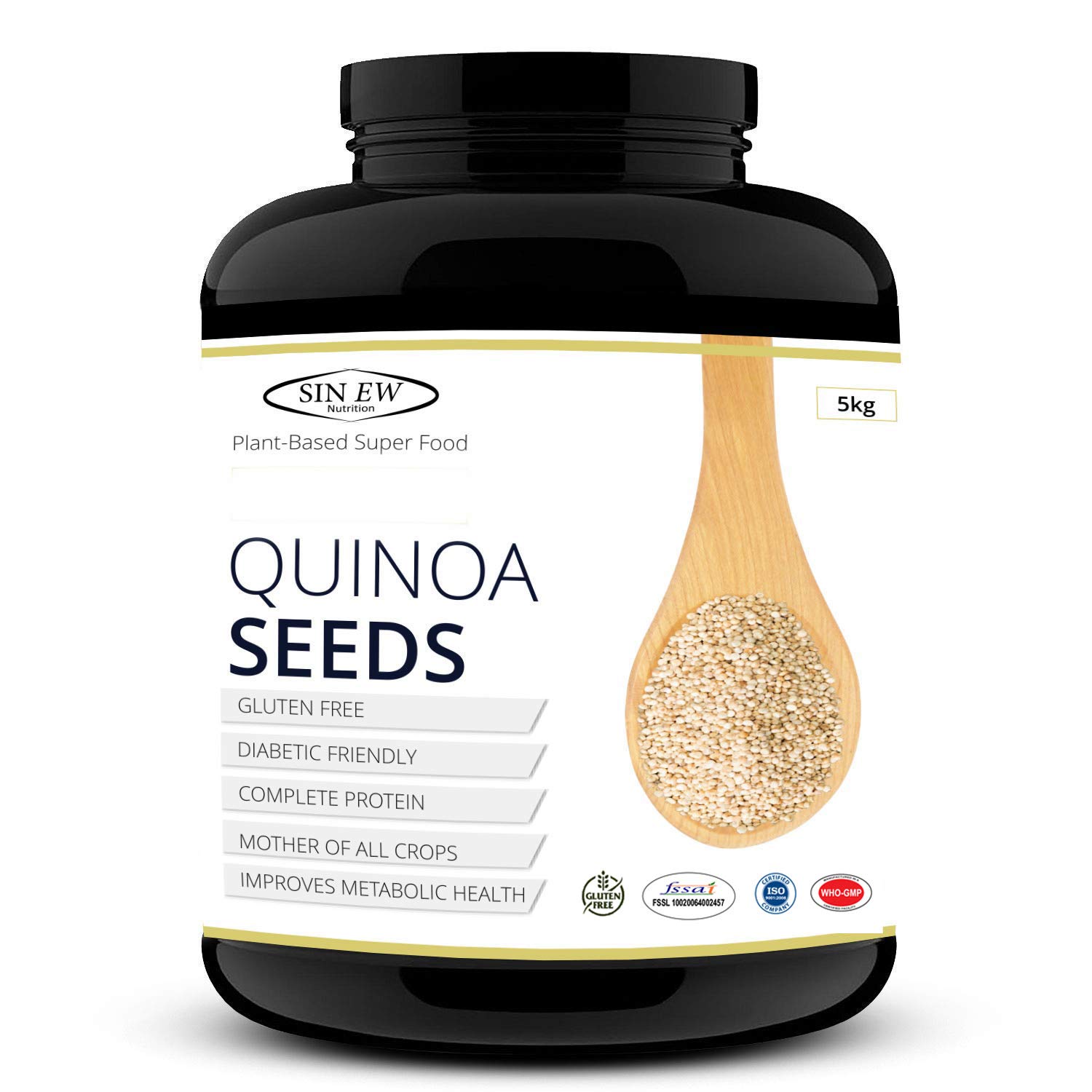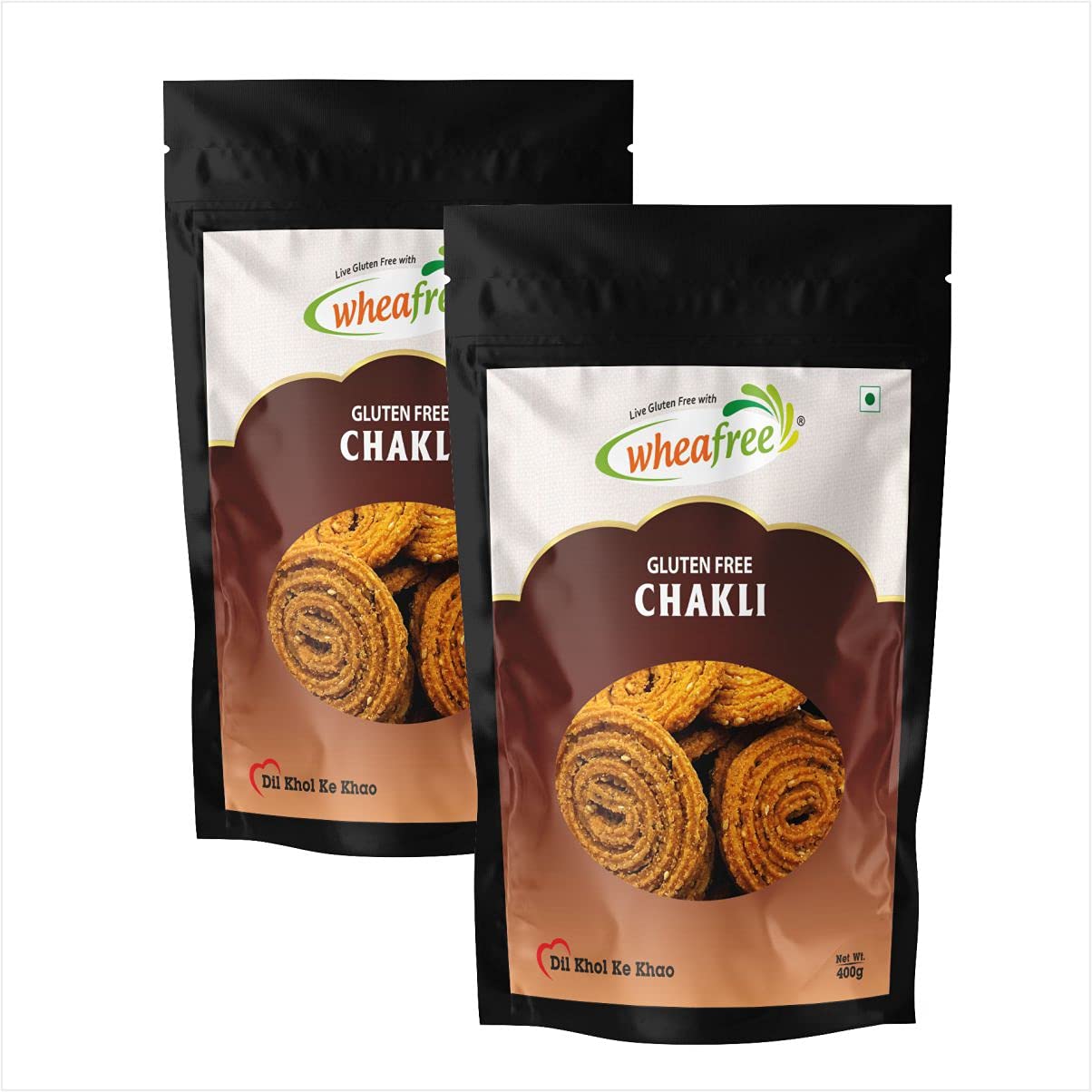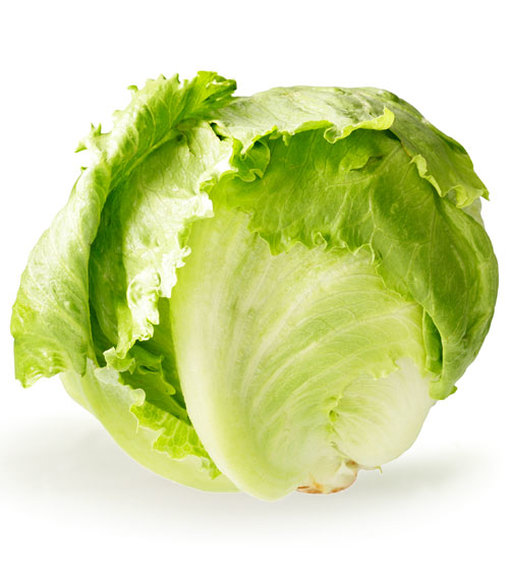Published Date January 24, 2003
Gluten and your health
By Arpita Sudev
3 min read
Last update date: January 24, 2011
All about calcium, iron and gluten.

Gluten is a protein found in grains such as wheat, barley, and rye. It acts as a binder, holding food together and giving it the “stretchy” quality. It helps food maintain its shape, acting as glue. The two main proteins in gluten are glutenin and gliadin.
Gliadin is responsible for most of the adverse health effects of gluten. People with celiac disease, Crohn’s disease, and other conditions may show some sensitivity to gliadin in the diet. Many everyday food products have gluten, such as pasta, bread, and beer.
A significant number of people experience an adverse reaction to gluten upon consumption. However, many in the health and wellness world suggest that everyone should follow a gluten-free diet — regardless of whether they’re intolerant or not. This has led millions of people to give up gluten in hopes of losing weight, improving their mood, and generally getting healthier.
Some food products like processed oats, tomato ketchup, masala packs, multigrain tortillas (that are not entirely corn-based may contain a wheat-based ingredient), pre-seasoned meats, and eggs served at restaurants may contain hidden sources of gluten in the form of lecithin. Lecithin daily can lower liver enzyme levels.
When people with celiac disease or wheat allergy unknowingly consume gluten, their immune system attacks and damages the lining of their small intestine, and the body then becomes unable to absorb other nutrients. Some react differently to gluten, where the body senses it as a toxin, causing immune cells to overreact and attack it. If an unknowingly sensitive person continues to eat gluten, it can result in internal inflammation.
Celiac disease
It is the most severe form of gluten intolerance. It’s an autoimmune condition where gluten damages the small intestine causing diarrhoea, constipation, fatigue, chronic abdominal pain, depression, anxiety, skin problems, joint pain, numbness, and unexpected weight loss.
Gluten sensitivity is a food intolerance that leads to discomfort after eating gluten (a milder form of gluten intolerance) with symptoms that are similar to celiac disease, but without the accompanying elevated levels of antibodies and intestinal damage which causes bloating, headaches, depression, anxiety, brain fogginess, fatigue, and other minor digestive problems.
Wheat allergy
Wheat allergy is an allergy to one or more of the proteins (albumin, gluten, gliadin, globulin) found in wheat. Symptoms include swelling/itching of the mouth or throat, hives, itchy eyes, shortness of breath, nausea, diarrhoea, and cramps. Wheat allergy is mostly observed in children which most of them grow out of as they reach adulthood.
Research shows that people with celiac disease also have a slightly higher risk of osteoporosis and anaemia (due to malabsorption of calcium and iron), infertility, nerve disorders and in rare cases cancer but the good news is that the damage can eventually be reversed by removing gluten from the diet.
A gluten-free diet is a primary deterrent for celiac disease. However, understanding the importance and following a strict gluten-free diet can be challenging, possibly requiring the guidance of a registered dietitian to learn which foods contain gluten, how to read labels, and to ensure that adequate nutrients are obtained from gluten-free alternatives.
Conclusion
The consequences of celiac disease and gluten sensitivity are the same.
Untreated Celiac disease can have a bad impact on health causing diarrhoea, constipation, bloating, malabsorption of nutrients affecting growth and development, bone weakening, lactose intolerance, anemia, delayed puberty, uncontrolled weight loss, blistering skin disease, infertility, and miscarriage.
People with gluten sensitivity don’t have abnormal genes or antibodies in their blood when compared to celiac diseased people. A gluten-free diet, fruits & vegetables, and lower amounts of refined grains and added sugar are good enough to improve their lifestyle and health.
Keep reading

Alcohol's effect on your Mental Health
All about folate, thiamine, mental health and alcohol.
By Arpita Sudev

Cheese: Secrets and Health Implications
By Naurin Ansari

Caffeine and Health: Navigating Sensitivity and Intolerance
It's also worth mentioning that as people age, their ability to metabolize caffeine slows down, so it may take longer for caffeine to be eliminated from the body and its effects can last longer.
By Naurin Ansari

Please Stop Juicing Your Vegetables
All about fibre, vitamins, metabolism and fruits and vegetables.
By Naurin Ansari
Related Items
Choose Healthy With Us.
Know the real truth about your food. Stay informed and healthy, for free.

Download the App Now
Certified nutritionists trust our food recommendations. Safe to say, so can you :)





